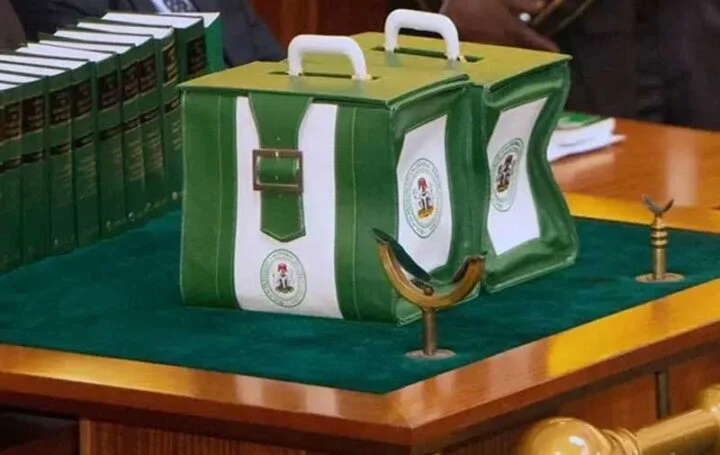The Presidential Election Petition Tribunal, Abuja, will this week, deliver judgment in the petition filed by the Peoples Democratic Party (PDP) and its candidate, Atiku Abubakar, against the outcome of the February 23 presidential election won by President Muhammadu Buhari of the All Progressive Congress (APC).
After all the parties had adopted their final briefs of argument canvassed for and against the petition, the Justice Mohammed Garba-led five-member panel said it would deliver the judgement on a date to be sent to all the parties through their lawyers.
Although no hearing date has been issued, the statutory 180 days duration for the hearing of the petition which was filed in March expires on Friday, September 15.
Specifically, Section 134 (2) and (3) of the Electoral Act 2010 (as amended), provided that the hearing and judgment in petitions at the tribunal of the first instance are supposed to be concluded within 180 days.
Already, tension is building up among supporters of the two camps, who have started arriving Abuja in droves, ahead of the judgment.
The tribunal has already dispensed with the three other petitions filed against Buhari’s victory at the February 23 presidential election.
In the case of Peoples Democratic Movement (PDM), the petition was withdrawn by its presidential candidate, Pastor Habu and accordingly dismissed.
The tribunal equally dismissed the petition by Hope Democratic Party (HDP) for lacking in substance and merit.
The Independent National Electoral Commission, INEC, had on February 27, declared that Buhari garnered a total of 15,191,847 votes to defeat his closest rival, Alhaji Atiku Abubakar of the opposition PDP, who it said polled a total of 11,262,978 votes.
In a petition marked CA/PEPC/002/2019 and filed on March 18, the PDP and Atiku insisted that data they secured from INEC’s server, revealed that they clearly defeated President Buhari with over 1.6million votes.
The petitioners alleged that INEC had at various stages of the presidential election, unlawful allocated votes to President Buhari, saying they would adduce oral and documentary evidence to show that result of the election as announced by the electoral body, did not represent the lawful valid votes cast Atiku alleged that in some states, INEC, deducted lawful votes that accrued to him, in its bid to ensure that Buhari was returned back to office.
The petitioners said they would call evidence of statisticians, forensic examiners and finger-print experts at the hearing of the petition to establish that the scores credited to Buhari were not the product of actual votes validly cast at the polling units.
The petitioners serialized results that were recorded from each state of the federation in order to prove that the alleged fraudulent allocation of votes to Buhari and the APC, took place at the polling units, the ward collating centers, local government collating centers and the State collating centers.
They argued that proper collation and summation of the presidential election results would show that contrary to what INEC declared, Atiku scored 18,356,732 votes, ahead of Buhari who they claimed got 16,741,430 votes.
During the hearing, the petitioners called 62 witnesses and tendered over 4,000 documentary evidence to prove their case.
While INEC did not call any witness, Buhari and APC called seven witnesses before they abruptly ended their defense.
But while adopting final addresses, INEC counsel, Yunus Usman (SAN) said the commission worked in compliance with the Electoral Act 2010 as amended and that the petitioners could never disown that.
Usman, therefore, asked the tribunal to dismiss the petition and award cost against the petitioners.
Counsel to Buhari, Wole Olanipekun (SAN), said there was “nothing in the law” that would make the tribunal grant the reliefs of the petitioners.
INEC through its lead counsel, Yunus Usman (SAN), said the claim that results of the February presidential election were transmitted to a server was “the greatest lie of this century.”

 BIG STORY2 days ago
BIG STORY2 days ago
 BIG STORY3 days ago
BIG STORY3 days ago
 BIG STORY4 days ago
BIG STORY4 days ago
 BIG STORY3 days ago
BIG STORY3 days ago
 BIG STORY2 days ago
BIG STORY2 days ago
 BIG STORY3 days ago
BIG STORY3 days ago
 BIG STORY2 days ago
BIG STORY2 days ago
 BIG STORY12 hours ago
BIG STORY12 hours ago
























